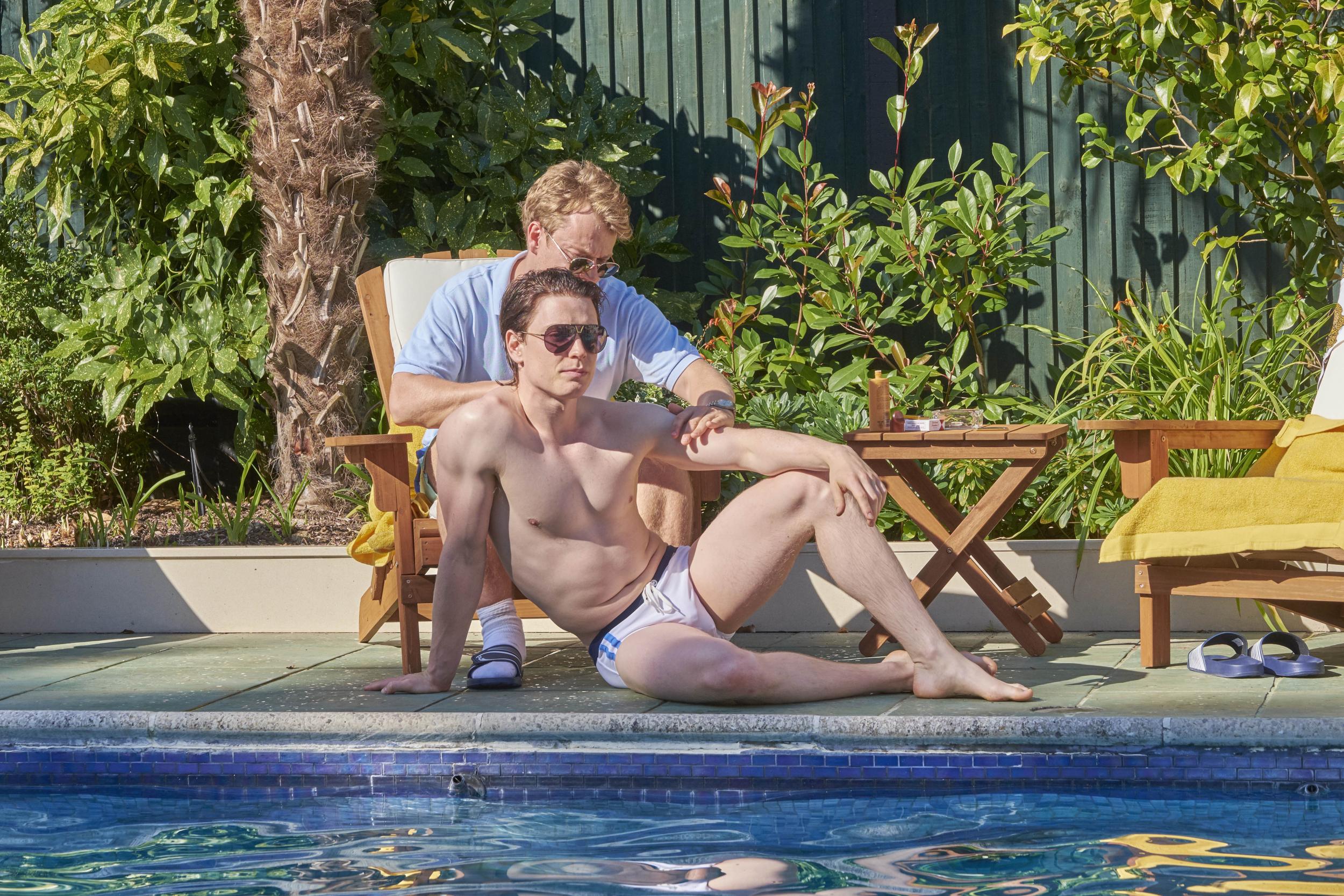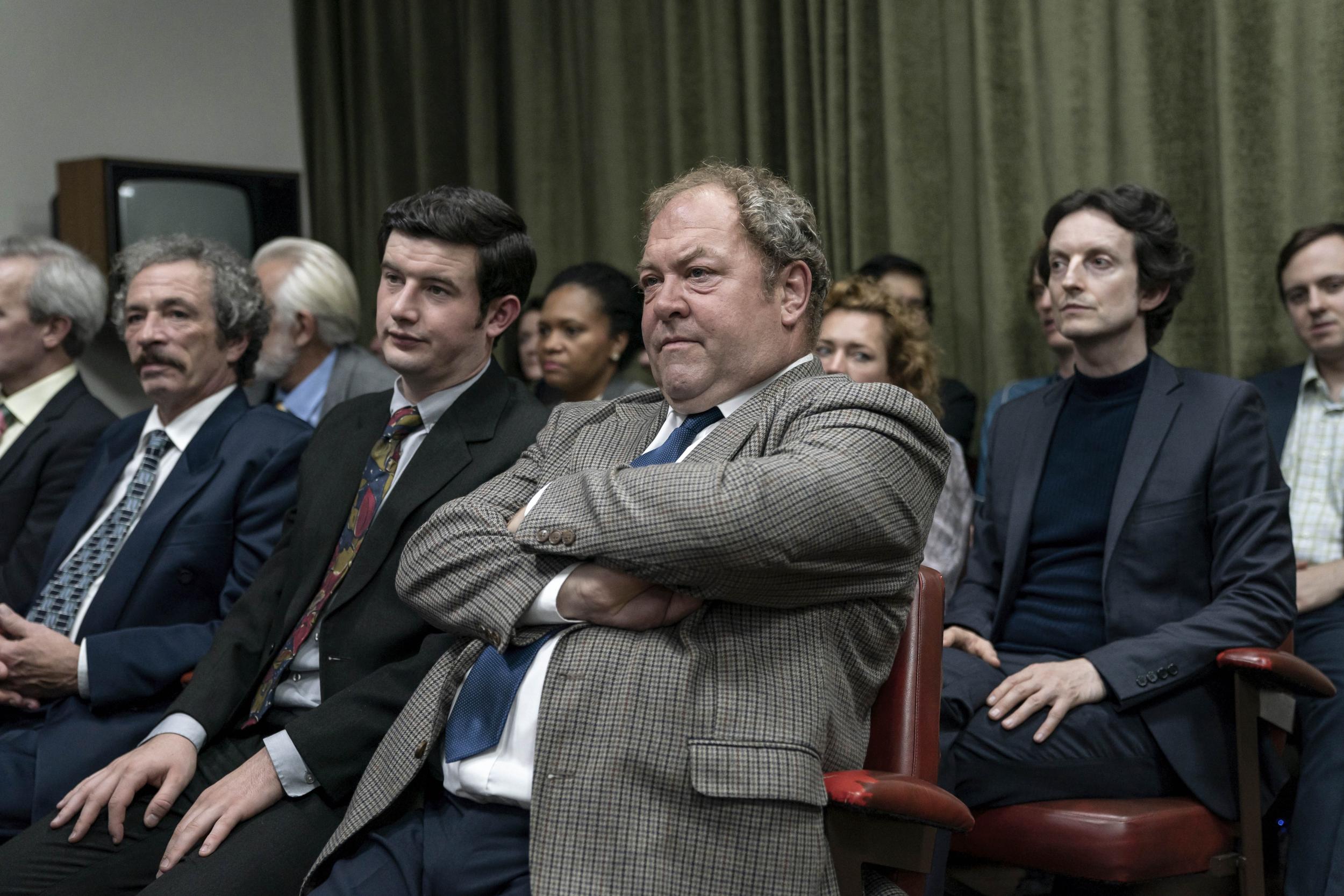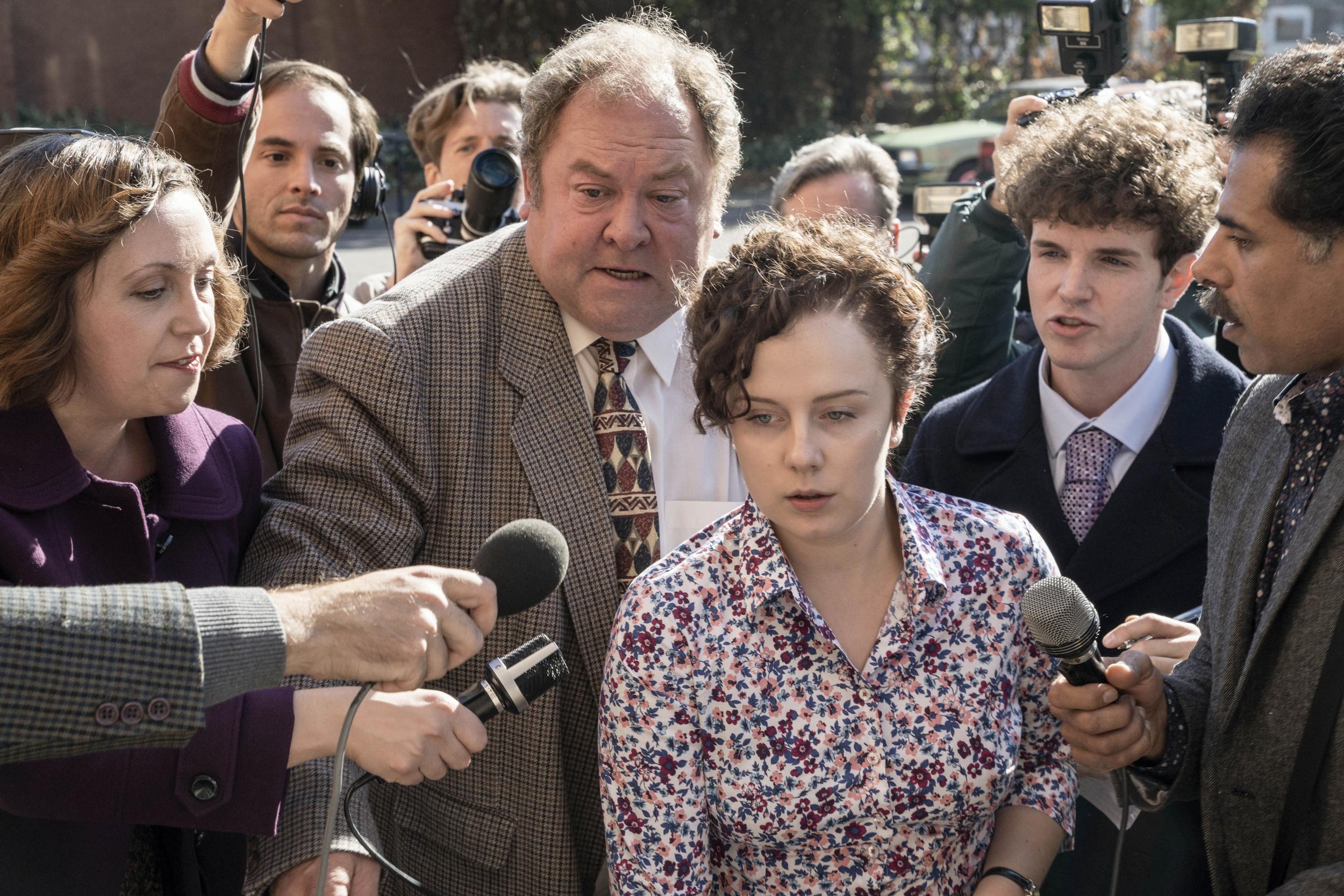White House Farm review, episode 6: Repetitive and laboured finale is too focused on the details
You get the impression that Jeremy Bamber would be quite pleased with his presentation in White House Farm

Your support helps us to tell the story
From reproductive rights to climate change to Big Tech, The Independent is on the ground when the story is developing. Whether it's investigating the financials of Elon Musk's pro-Trump PAC or producing our latest documentary, 'The A Word', which shines a light on the American women fighting for reproductive rights, we know how important it is to parse out the facts from the messaging.
At such a critical moment in US history, we need reporters on the ground. Your donation allows us to keep sending journalists to speak to both sides of the story.
The Independent is trusted by Americans across the entire political spectrum. And unlike many other quality news outlets, we choose not to lock Americans out of our reporting and analysis with paywalls. We believe quality journalism should be available to everyone, paid for by those who can afford it.
Your support makes all the difference.Jeremy Bamber looks very smug at the beginning of White House Farm’s finale. He’s in St Tropez sipping cocktails on a sun lounger, he’s jumping into the pool, chain-smoking Marlboros and sleeping with a glamorous woman who likes paying for his drinks. He even retains this smug expression when police arrest him at the airport for the suspected murder of his family.
Seeing the details of the White House Farm investigation unfold piece-by-piece has made for a satisfying watch. The decision to draw out the series into six parts means that the evidence has been easier to follow than in other recent police procedurals. But I was hoping that it might have interrogated something beyond the murders themselves: how quick police were to believe a woman suffering from a mental illness could murder her children, for example, or perhaps the pitfalls of the drug-fuelled nihilism and excess of the Seventies. Instead, White House Farm fixated on bullet angles and breaking and entry points throughout.

The last episode sees us leave the mustard yellow and kitsch china of domestic family life for the clinical whiteness of the courtroom. Much focus is placed on wrapping up the details of the case. At points, it feels as though we are rehashing details we learnt in previous episodes. Did Jeremy leave the gun out overnight on purpose so he could grab it quickly? Why did Jeremy ring the local police station rather than 999? How did Nevill Bamber walk downstairs to call Jeremy if by that point he would have supposedly have been shot in the jaw twice? We have already been told that none of this makes sense, we don’t need to be told again.
HBO miniseries Chernobyl also ended inside a courtroom, but it got away with such an enclosed setting by unveiling new evidence on the podium and through a series of dramatic turns where people you considered cowards decided to speak out against injustice. As is the problem with dramatising a crime so heavily publicised, we always knew Shelia’s memory was saved, we always knew Jeremy did it and we always knew Julie will speak out against him.

Granted, it is very satisfying to watch a woman who'd been whittled down by emotional abuse confront her tormentor. Freddie Fox is great as the sharp-tongued and theatrical Jeremy Bamber, and though he’s never sweating, you do get to see the smirk wiped off his foppish ex-private schoolboy face. Julie’s character transition is an interesting one: she goes from hiding in the corner of parties as Jeremy flirts with other women, to pushing past paparazzi camera flashes to tell the world of the horrors he is capable of. But as the episode comes to an end, there’s a slightly confusing reversal. Having been pushed to recognise the bravery involved in Julie speaking out against the man she loved, we are then made to think of her as a money-hungry vulture, wholly undeserving of the £25,000 she receives from publicity.

After the penultimate episode sees him taken off the case, I thought we had seen the last of Stephen Graham’s DCI Thomas “Taff” Jones. But we are forced to sit through another few minutes of Graham’s lukewarm Welsh accent. The cynically careerist bad cop has come to the office to congratulate his rival DS Stan Jones (Mark Addy) on Bamber’s arrest: “I guess it’s my turn to take my leave” he snarls. It should be a satisfying moment: the weary and unappreciated good guy has finally been proved right, but the script renders both characters too cartoonish for even talented actors such as Graham and Addy to pull it off.
You get the impression that Bamber would be quite pleased with his presentation in White House Farm. The only humiliation he suffers the removal of his tie and shoes as he moves into the blackness of his cell. Though Bamber has complained that the series could potentially damage his latest appeal of innocence, you can’t help but think a narcissist such as he would delight in the attention. After all, according to Julie, the first thing Bamber said after committing his crimes was: “I should have been an actor”. I imagine he still looks pretty smug in his cell in HMP Wakefield.
Join our commenting forum
Join thought-provoking conversations, follow other Independent readers and see their replies
Comments